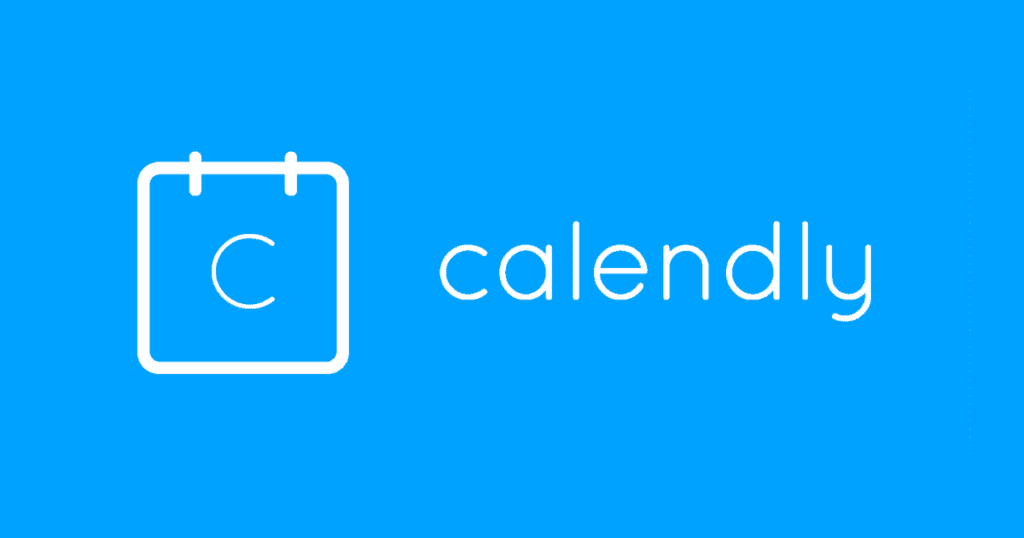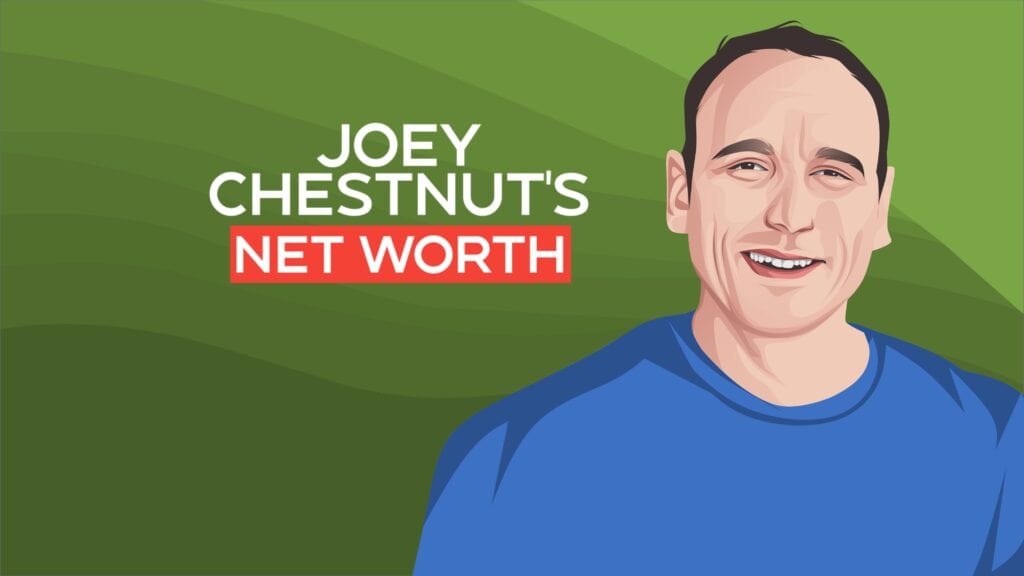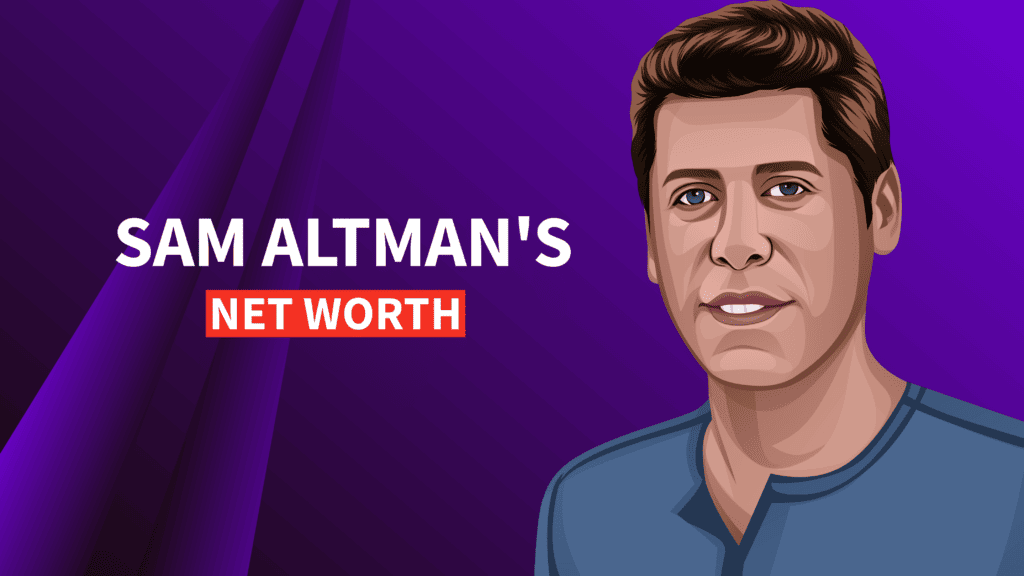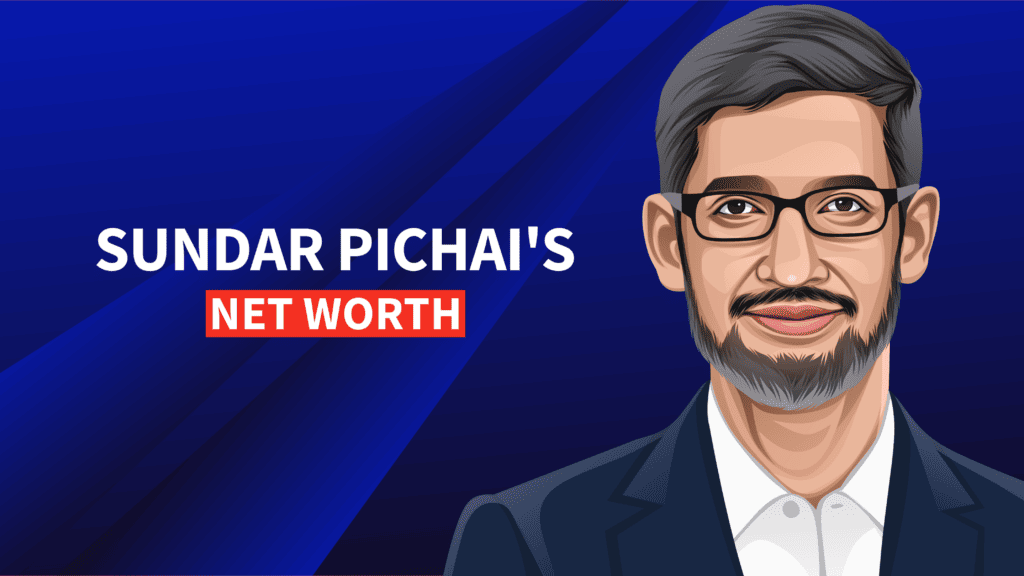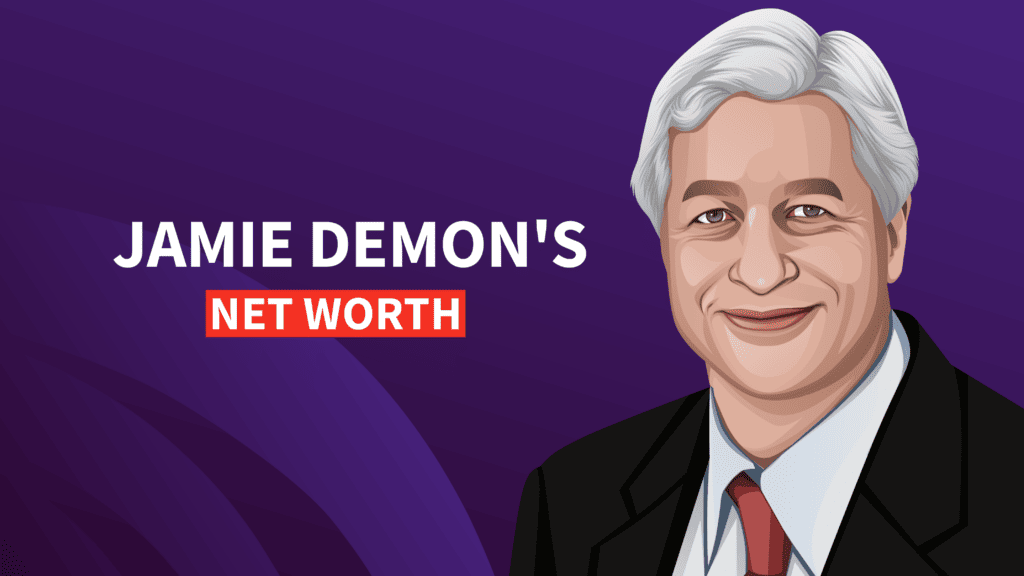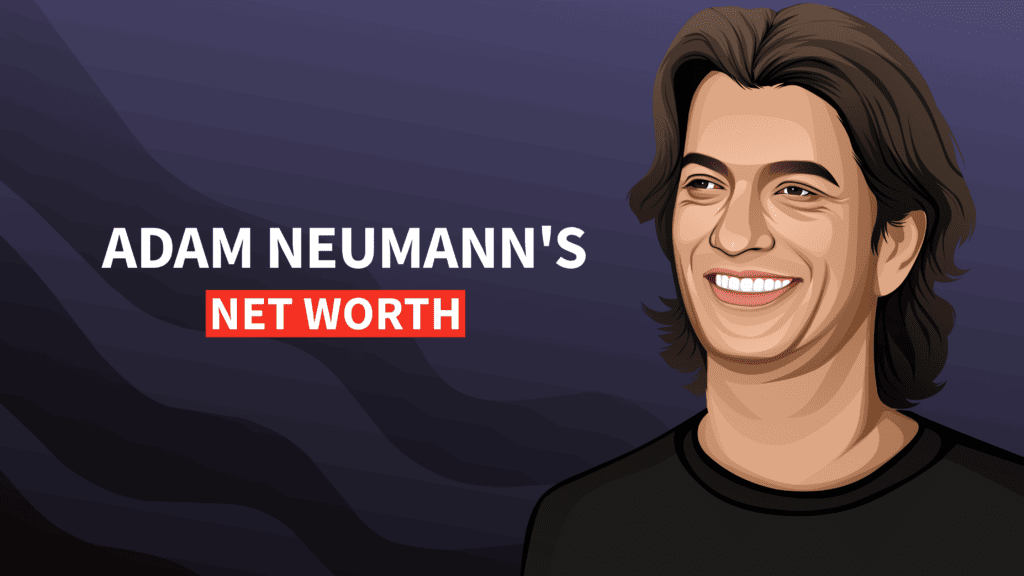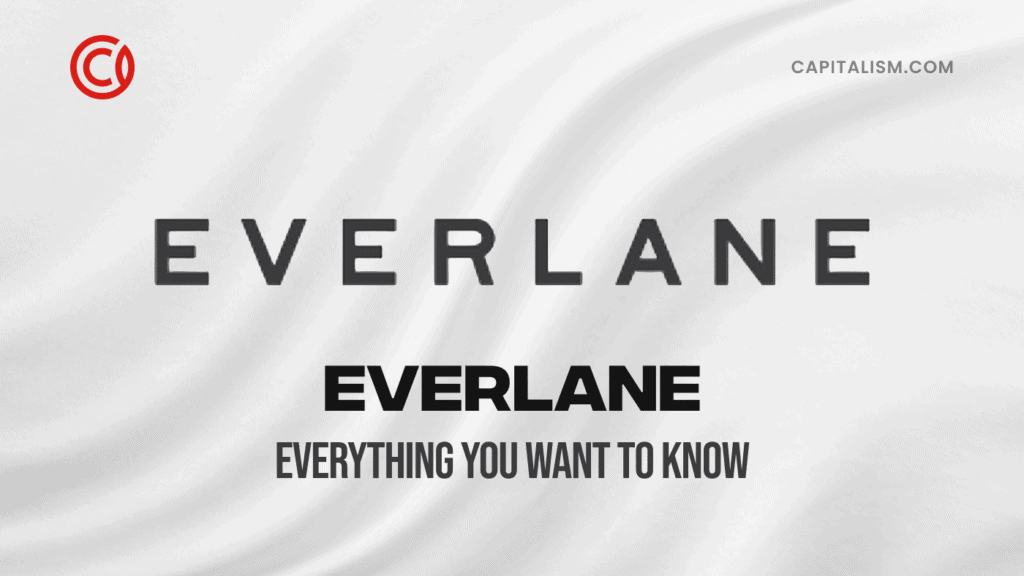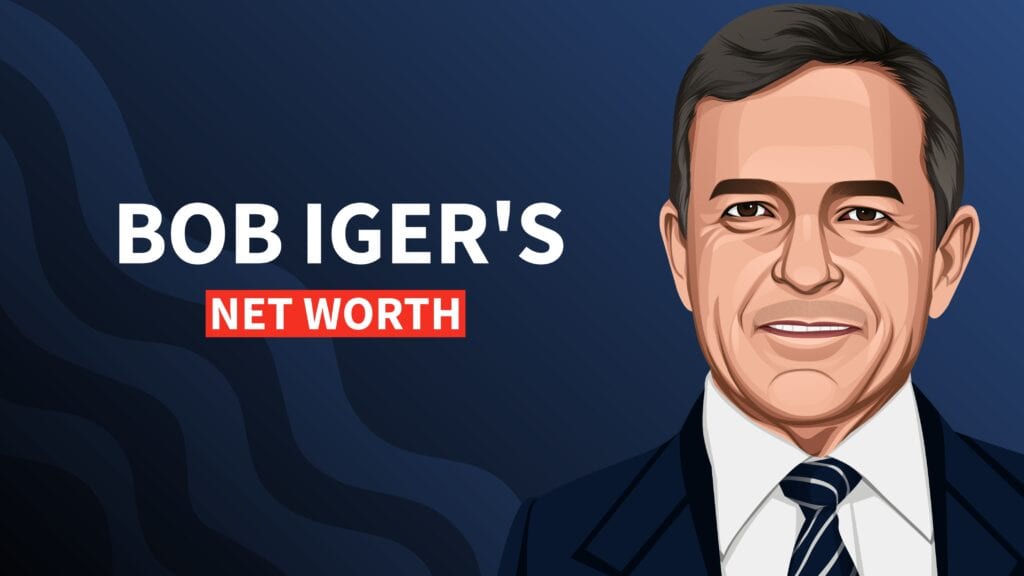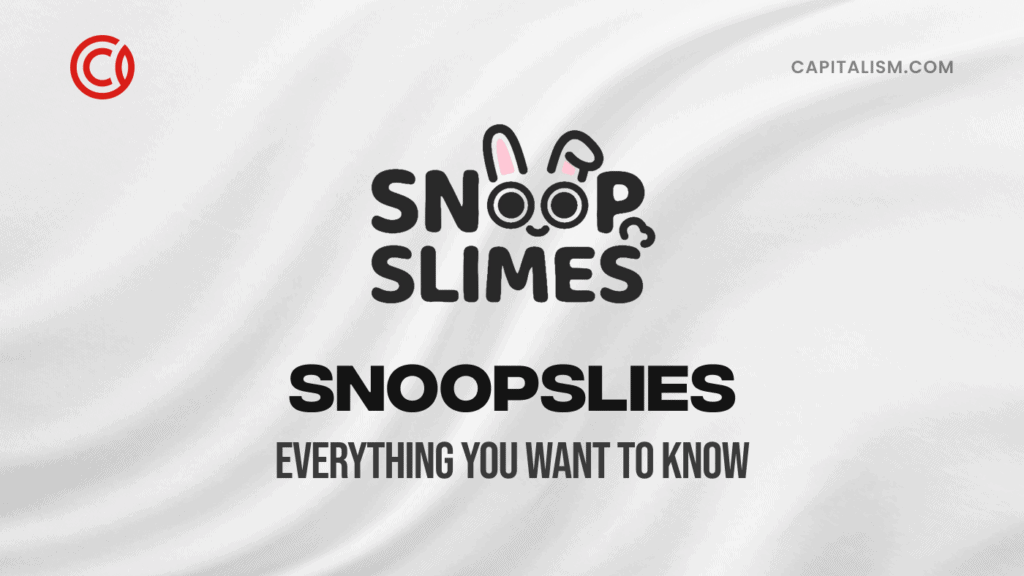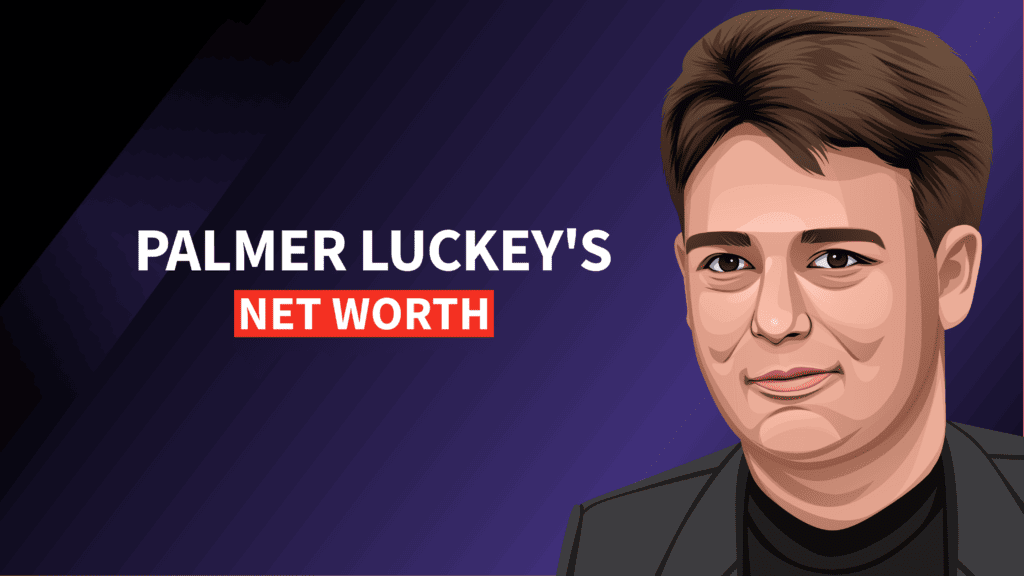Meet Tope Awotona, Who Defied the Odds and Landed Calendly $350m in Funding
Virtual meetings have become the norm, but office closures, lockdowns, and other various restrictions complicate scheduling employees on a Zoom call. Calendly makes scheduling these socially distant meetings a breeze.
What is Calendly? It's a productivity app that "helps you schedule meetings without the back-and-forth emails." Tope Awotona, the company's founder, built the brand from the ground up. And he did it despite multiple obstacles and slammed doors that would have sent other entrepreneurs running.
Here's how this Nigerian immigrant turned tragedy into the American dream.
Designing a Scheduling App for the Masses
One day, Tope spent hours playing email tag with his colleagues just to schedule a few meetings. The task should've only taken a few minutes to complete—not hours! He couldn't believe how much time he wasted, and he searched for a better solution. But all the scheduling tools on the market were slow and clunky. Sure, they let him add a few dates to the calendar, but he still had to do most of the work himself.
Unwilling to settle for mediocre, Tope decided to research the problem and develop something better. That idea would become Calendly. But would there be an audience?
Tope designed his app to serve both individuals and businesses. The service would automatically schedule meetings and appointments without users needing to lift a finger. His vision would gather all necessary data, send out invites, and remind attendees. People would no longer need to spend hours planning a single meeting—Calendly would do it all.
And to make it even better, Tope wanted to implement cool features not found elsewhere. He included calendar integration and time zone detection. It would even work with other popular apps, like Salesforce, GoToMeeting, and Zapier.
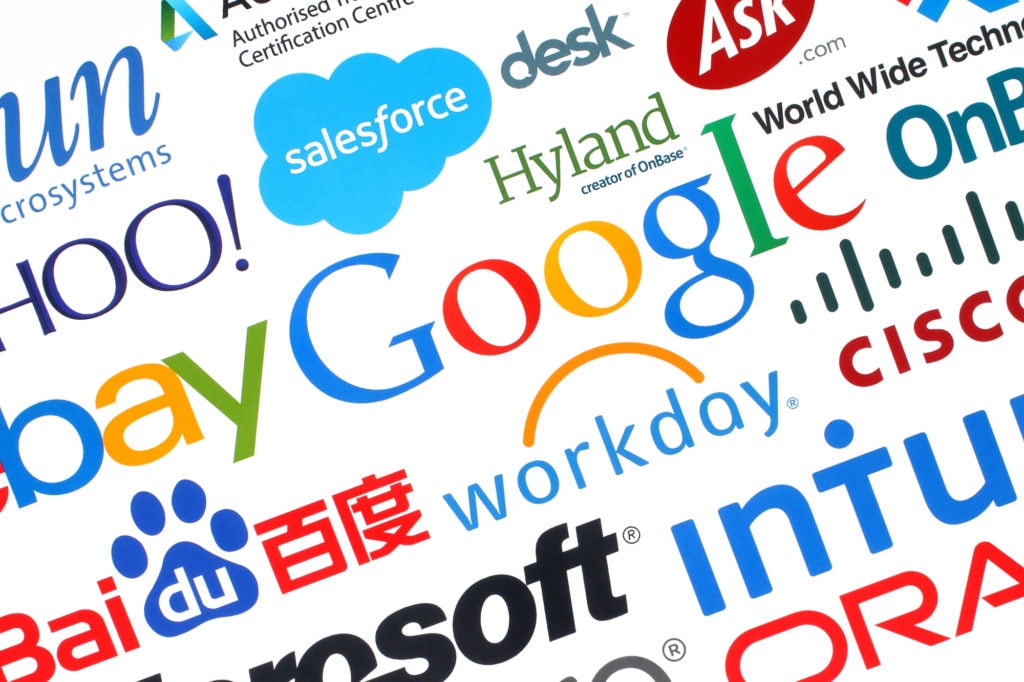
Calendly would solve scheduling issues for everyone. Big businesses would be able to connect with clients worldwide without screwing up the time zone. Recruiters could schedule interviews with applicants without double-booking. Families could plan video chat reunions quickly and easily.
And Tope wouldn't waste another day sending out scheduling emails. He couldn't wait to jump into the owner's seat and make this happen.
From Zero to $3 Billion
It takes money (and sometimes lots of it) to launch an app. And when the idea for Calendly popped into Tope's head, he decided to fund most of it himself. He emptied his bank account and drained his 401K entirely to get it off the ground.
And it worked. Tope managed to scrape together enough money to launch the app in 2013.
But, as luck would have it, Tope soon ran out of cash and needed to secure money using other means. He did what any good entrepreneur would do—he sought VC funding.
VC funding is very popular in the startup world. Investors always want to find a promising business that will earn them money in the long run. They call these startups unicorns. And since Tope already had a working product and devoted customers, he seemed like the ideal candidate. However, every investor said no. As Tope reported to Inc. Magazine:
"I watched other people who fit a different 'profile' get money thrown at them for shitty ideas. Those VCs were ignorant and shortsighted. The only thing I could attribute it to was that I was black."
Tope Awotona
Although that blatant prejudice stung and made him hate raising money, Tope didn't let it get him down. Instead, he made it his mission to prove those VCs wrong. After all, he grew up in Nigeria, where people—who looked just like him—could make anything happen.
His plan worked. In April 2014, Calendly raised a seed money round totaling $550K from Atlanta Ventures.
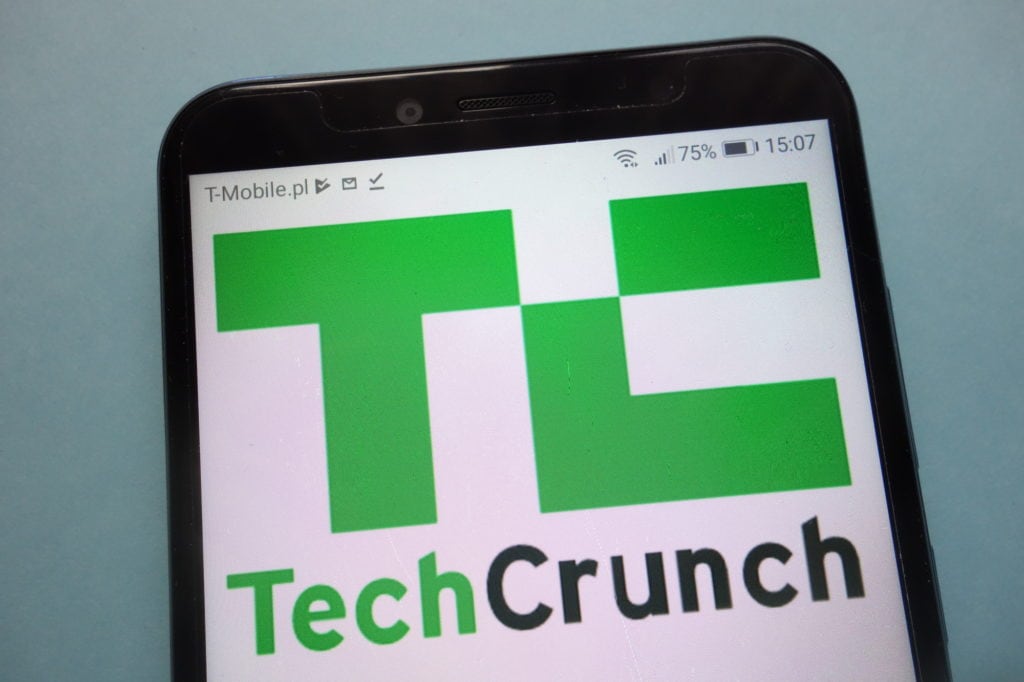
Up until that point, Calendly was totally free for everyone. Why? There wasn't enough capital to pay a development team to implement a payment system. This first round of funding would help the company start making money—and a lot of it.
Pricing Options, Starting with Zero
Tope added pricing options to the platform, ranging from free to $12 per month. Enterprises could also inquire about larger packages if needed. This flexible monetization system was a win-win for customers. As TechCrunch states, "Calendly is a freemium software-as-a-service, built around what is essentially a very simple piece of functionality."
According to Tope, Calendly has been profitable since 2016. And even a pandemic wouldn't stop this startup. In fact, the company managed to double its subscriptions in 2020. As Black Enterprise noted, "With the increase in remote working, more professionals utilize the service to schedule virtual meetings and Zoom events. It is something CEO Tope Awotona says has led the company to new heights with the new valuation."
Calendly's success caught the attention of several investors. In January 2021, the company raised a staggering $350 million in a Series B funding round led by OpenView.
Tope proudly told reporters, "Our profitable, unique, product-led growth model has led to Calendly becoming the most used, most integrated, most loved scheduling platform for individuals and large enterprises alike. While we considered outside investment an unnecessary distraction, we made the decision to partner with OpenView and Iconiq because of their insight and extended network within the tech industry."
How Much Is Calendly Worth?
As of January 2021, this most recent funding round put the Calendly valuation at an impressive $3 billion.
"Black-owned scheduling app 'Calendly' just raised $350 million, now valued at more than $3 billion," Because of Them We Can wrote. "The company reported revenues of $70 million in subscriptions last year with projections of about $1 billion in the future."

And while Tope is grateful for his company's success, he had to overcome tragedy to make it to where he is today.
Who Is the Owner of Calendly?
Tope Awotona, a Nigerian immigrant, is the owner of Calendly. But his story begins in Lagos, a socioeconomically diverse and often dangerous city in Nigeria. The country has a massive wealth disparity, sometimes on the same block, or inTope's case, within the same family. This type of financial inequality fuels envy and often leads to crime.
Growing up, Tope was a pretty happy kid. He was the third-born out of four brothers, and he considered his parents to be the best in the world. His mother grew up wealthy and was extraordinarily ambitious and very strict. She co-owned a small pharmacy. His father came from a poor family and a broken home. But he didn't let these circumstances determine his future. His father worked hard to break the vicious cycle of poverty. As a microbiologist, he landed a lucrative job at Unilever. However, he ultimately left that position to follow his passion for entrepreneurialism.
But tragedy would soon shake the family to its core.
When Tope was only 12 years old, carjackers followed his father home and murdered him. Young Tope witnessed his father's death. As one can imagine, it reshaped him completely.
Tope believes he would have received a tremendous amount of therapy had his family lived in the United States. But for those living in Nigeria, this type of crime was a regular occurrence. As he recounted to Inc. Magazine, "It happened on Friday, and I went to school on Monday."
After his father passed away, Tope couldn't eat or sleep for six months. Even today, he still struggles with insomnia. When Tope finally mustered the courage to visit his dad's grave, it made him realize his father didn't have the chance to follow his dreams. At that moment, Tope decided he would do whatever it took to redeem his dad's vision of owning a company.
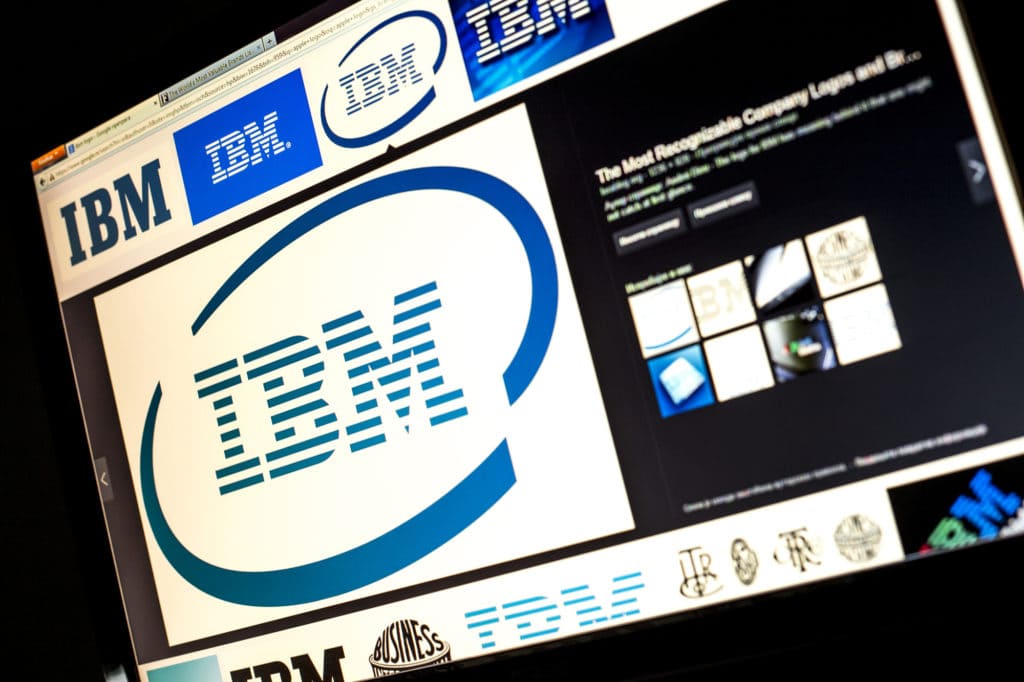
In 1996, Tope's family moved to the US and settled in Atlanta. Education was essential to Tope, and he excelled in his classes. He graduated high school at the age of 15 and eventually went to study management information systems at the University of Georgia. After earning his degree, Tope found work, but he always had the itch to do something bigger. Most importantly, Tope wanted to make his dad proud.
When Was Calendly Founded?
Tope Awotona founded Calendly in 2010 and launched three years later. Before the company came to fruition, however, Tope worked various corporate jobs, including IBM. But an account executive position with the startup Perceptive Software paved the road for Tope's entrepreneurial success.
While at Perceptive Software, Tope learned how to sell aggressively and to manage customer accounts. He built close relationships with his coworkers and enjoyed watching the company grow. During a staff meeting, Tope's boss explained how he took Perceptive from concept to fruition. The story made Tope realize the winding, surprising, but always persistent path successful entrepreneurs followed.
It was at the very moment when Tope decided to begin an entrepreneurial path of his own—and no, Calendly wasn't his first (or second... or third) startup.
Failure Is Only a Mindset
Failure is a harmful word, especially when applied literally. It insinuates a person is incapable of success. But any successful entrepreneur will tell you that's never the case. In the business world, failure is a minor setback. It's a lesson learned. It's a mindset—and how you perceive this mindset will carve your future.
Learning how to handle failure is of the utmost importance for entrepreneurs. After all, nobody is perfect. Humans are inherently flawed. But overcoming these flaws separates those who succeed from those who toss in the towel.
People aren't born with a fear of failing—it's a learned trait. Examine toddlers, for instance. They fall over and crash into walls time and time again. Sure, toddlers shed their share of tears, but instead of crying indefinitely, they get up and try again. And three or four skinned knees later, they finally master the task at hand.

Toddlers are the most resilient humans. Their eagerness to explore the world and learn new skills surpasses their fear of failing. More entrepreneurs should think like toddlers.
Tope was merely a child when he witnessed the most tragic event of his life. But instead of moping and mourning for eternity, he decided to live life in a way that would make his father proud. It's no wonder why three failed startups didn't stop this brilliant entrepreneur's journey.
Here are the businesses he tried to launch unsuccessfully:
STT Media
After discovering that the founder of Plenty of Fish earned $10 million working only 10 hours a week, Tope decided to launch a dating site of his own. He studied the Plenty of Fish website and decided he could make a better one. STT Media, which stands for Single To Taken, was his vision. Unfortunately, after attempting to build the brand, Tope figured out it wasn't the right fit for him. STT Media never launched.
Projectorspot.com
A business broker convinced Tope there was a huge market for selling projectors. An e-commerce website centered around doing just that became Tope's second startup. But as quickly as the site launched, it folded. The margins for selling projectors were terrible; he didn't sell very many. After shutting it down, Tope admitted he didn't know a thing about projectors and didn't care to learn.
Green Eggs
After seeing the success of the Big Green Egg grill, Tope decided to sell a knock-off version. He launched the product on a new e-commerce site, and it sold well. Although the company was profitable, Tope wasn't happy. Once again, he wasn't passionate about the product and had never even grilled himself. Walking away from the startup was an easy decision.
While that many back-to-back failures may leave a bad taste in an average person's mouth, each taught Tope valuable lessons. First, he needed to know about the product or service he sold. And second, he needed to feel passionate about it. Calendly checked both boxes.
The Value of Organic Marketing over Time
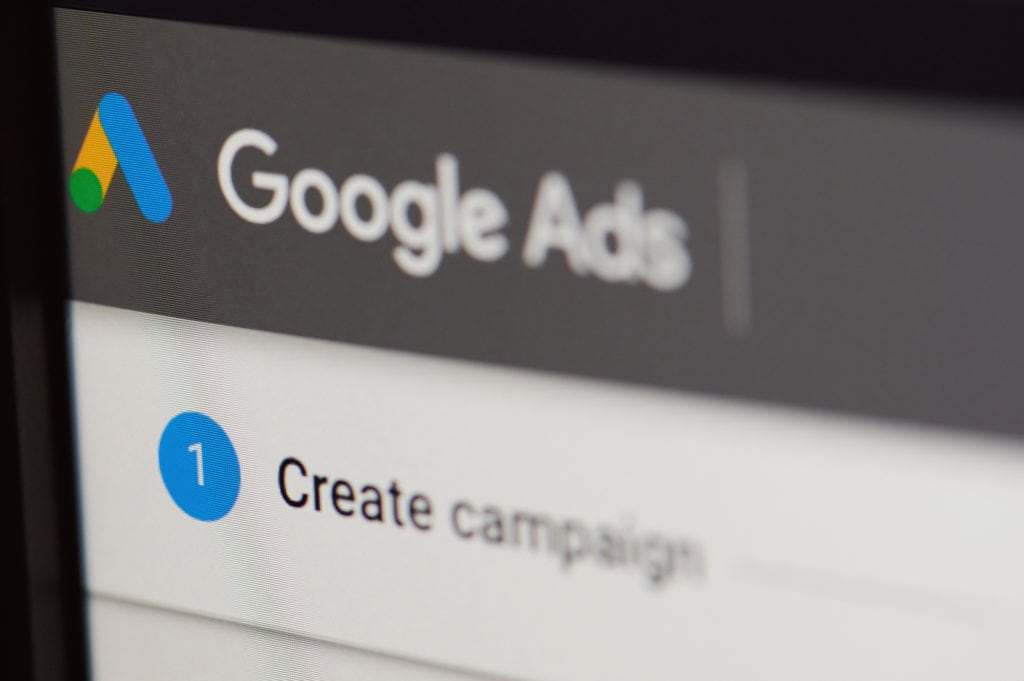
When Tope first launched his company, money was tight. There wasn't really a budget for flashy Facebook ads or Google PCP campaigns. Instead, he found himself relying heavily on word-of-mouth and organic marketing. And this strategy is practically free.
Here's how it works:
- Customers share their Calendly-branded schedule with friends or colleagues.
- The invite link also becomes a link to visit Calendly.
- If the invitee likes the service, they can quickly sign up for themselves.
- The cycle repeats itself.
Why does this type of marketing work? People tend to trust the opinions of their friends more than those of a stranger. If someone they know uses the scheduling app, they assume it must be good. And getting a brief glimpse of how it works makes prospective customers curious to learn more.
Now that the company has millions of dollars in the bank account, it still swears by organic marketing. After all, these tactics draw over 10 million people to the service each month.
Everything You Want to Know About Calendly
Tope Awotona's success story is nothing short of inspiring. And you probably have a few unanswered questions. Let's address them now:
Is Calendly a Black-Owned Business?
Yes! Tope is from Lagos, Nigeria. He immigrated to the United States as a teenager to finish school. But he credits his culture for shaping who he is today.
How Many People Work for Calendly?
The company currently has 254 employees. There are five key players on the Calendly executive team. They are:
- Tope Awotona - CEO/President
- Roy Duvall - Head of Technology
- Russell Lester - Head of Finance & Operations
- Jeff Diana - Head of People
- Annie Pearl - Chief Product Officer
Where Is Calendly Based?
You'll find the Calendly headquarters in Atlanta, GA. Although Atlanta is busy and has crazy traffic like Lagos, it's nothing like living in Nigeria. Tope describes Lagosians as having a complete disregard for rules, order, and structure. Atlanta is pretty much the opposite.

Can I Sign Up for a Free Version of Calendly?
The Calendly app follows a "freemium" model. That means some of the features are free, and others require a paid subscription. Those using the free plan can enjoy unlimited 1:1 meetings, automatic email notifications, and calendar integration.
Curious about the paid options? All new members enjoy a free 14-day trial. You'll have access to all the features, both free and paid, during this period.
How Does it Work?
Calendly is an automated scheduling app. It lets you book appointments, plan meetings, and schedule events without playing phone (or email) tag. The app helps individuals and businesses improve time management and boost productivity.
Is this Calendar Software Company Profitable?
Very much so! The company has reported a profit since 2016. And in 2020, Calendly revenue hit $70 million, which was more than double the previous year.
Is Calendly a Publicly-Traded Company?
Not yet. But as Tope told Fortune, "[An IPO] is certainly a strong option I am considering." Currently, only he and his employees own stock in the company.

Is There a Calendly Wikipedia Page?
No, and Tope Awotona doesn't have a page either. But you can always request one!
What Is the Calendly Founder's Net Worth?
Although Tope Awotona's net worth is a well-kept secret, one can assume he's worth several million dollars. After all, he's a majority stakeholder for Calendly.
How Old is Tope Awotona?
Many people want to know Tope Awotona's age because he looks very young. (He's not bad on the eyes either!) Unfortunately, we'll have to leave you guessing. His birthday seems to be a closely guarded secret. But some Sherlock-style sleuthing revealed he was most likely born in 1981 or 1982.
Is Tope Awotona on Instagram?
Tope Awotona has a private account on Instagram. His handle is @tope.awo. He may not approve your follow request, but Tope also seems to be very active on Twitter and LinkedIn. Calendly has a public Instagram profile here and a Twitter account here.

The Takeaway: Don't Let Anything Get in Your Way
As Tope Awotona so eloquently stated, "You can dwell on all the reasons you shouldn't do something or why it's harder for you. Or you can just go out and do it."
Tope's story proves anyone can live the American dream—even those born abroad. Even after unimaginable hardships, devastating tragedy, and obvious biases, he never gave up. And $350 million in funding later, he's built a brand that will become his legacy.
Do you have the same passion for creating products and serving your audience? Now it's time for you to go out and do it. We'll cheer you on during every step, of course. But we can do more than root for you...
Our students inside the Capitalism Incubator are building million-dollar businesses. Some had business ideas when they joined; some didn't. All of them get "hold your hand" coaching through our proven process (we call it the Owner's Model) as they go. Most importantly, through the Incubator, they find the contacts (investors, audience leaders, and agencies) needed to launch and scale for an 8-figure exit.
If that sounds like exactly what you need to build a life-changing business, consider this your invitation to check it out. You can learn more about the Capitalism Incubator and submit your application right here.
